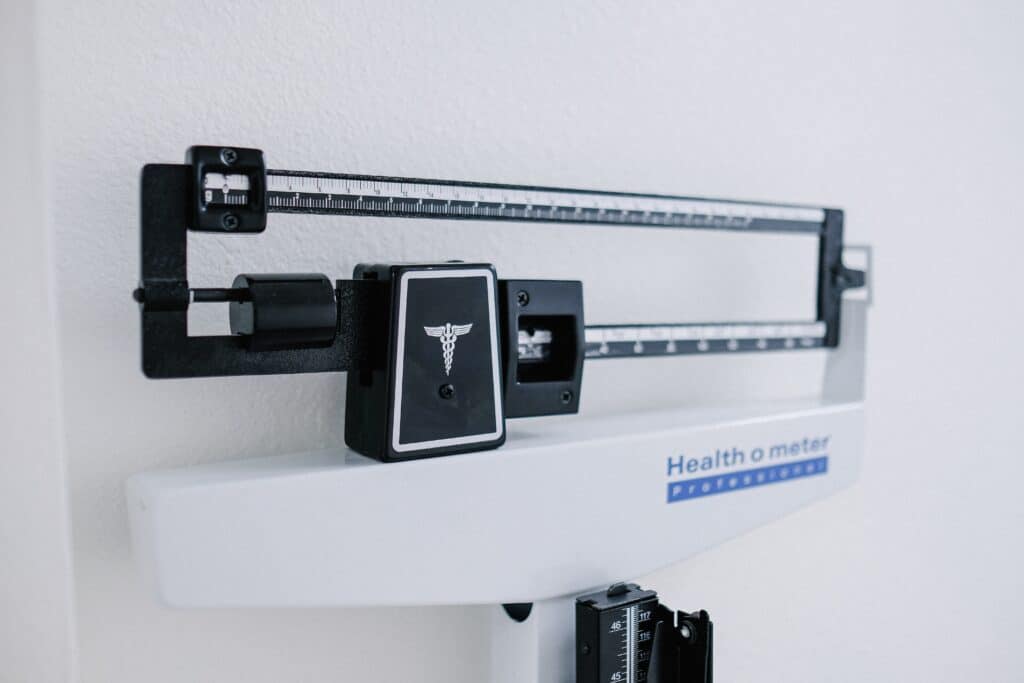
Teenagers frequently have strong emotional reactions that are accompanied by feelings of frustration, overwhelm, moodiness, exhaustion, and anger. As a parent, how can you tell if your teen’s eating disorders are the result of physical and psychological stressors?
Many teenagers who are concerned about their health, weight, and appearance may become obsessed with diet and exercise, leading to the development of an eating disorder. It is unknown what causes eating disorders. Risk factors for all eating disorders, according to the National Eating Disorder Association (NEDA), include a variety of biological, psychological, and sociocultural issues. Teenage girls and young women are more likely than teenage boys and young men to suffer from anorexia or bulimia, but males can also suffer from eating disorders.
Teenage boys who are self-conscious about their body image may obsessively diet or exercise. Kristin Francis, MD, a child and adolescent psychiatrist and assistant professor at the University of Utah’s Huntsman Mental Health Institute, lends her expertise to detecting and diagnosing eating disorders, suicide, and common triggers in adolescents. “Teen boys often feel pressure to build muscle and may use supplements to build muscle mass or to be ‘lean,'” says Francis.
Common Eating Disorders
Teen eating disorders can have serious consequences for a person’s physical and mental health, and they can even be fatal. The following are the most common eating disorders, according to the NEDA:
Anorexia Nervosa – characterized by weight loss and difficulty maintaining a body weight appropriate for age, height, and stature.
Bulimia Nervosa – a binge eating cycle accompanied by compensatory behaviors such as self-induced vomiting, laxative use, exercise, or dietary restriction to alleviate the effects of binge eating.
Binge Eating Disorder – the most common eating disorder in the United States; characterized by recurring episodes of overeating followed by feelings of shame, distress, and guilt.
Other Specified Feeding and Eating Disorders – This category includes people who do not meet strict diagnostic criteria for other eating disorders but have significantly disordered eating that interferes with their functioning, mood, relationships, and health.
Rumination Disorder – a person regurgitates food that has not been mixed with digestive juices, re-chews it, and either swallows or spits it out.
Orthorexia – an obsession with proper or excessively healthy eating. This obsession frequently results in an increase in food variety and intake, as well as an increase in energy, time, and focus, with unintended health consequences.
Compulsive Exercise – Excessive and extreme exercise that significantly interferes with other aspects of life.
Laxative Abuse – a serious and dangerous condition characterized by the repeated and frequent use of laxatives to eliminate unwanted calories, lose weight, or feel thin or empty.
Learn Symptoms of Eating Disorders
If you notice any of the following symptoms in your teen, let them know you are concerned:
- avoiding the majority of meals
- Unusual eating habits, such as bingeing or eating less than usual
- Weighing at regular intervals
- Extreme weight loss
- Insomnia
- Constipation
- Skin rash or dry skin
- Dental cavities
- Erosion of tooth enamel
- Loss of hair or nail quality
- Hyperactivity and high interest in exercise
Teens with eating disorders frequently deny that anything is wrong and may object to your focus on their symptoms. They may experience mood swings, anxiety, or depression, withdraw from friends, or become overly sensitive to criticism. Teens may attempt to conceal symptoms and triggers such as trauma, insecurities, depression, or low self-esteem.
Talk to Your Teen
If you suspect your adolescent has an eating disorder, communicate with them in a loving and non-confrontational manner. Express your concern about changes in their eating habits, variety and amount of food, energy levels, moods, or withdrawal from social settings. Examine the dangers of dieting and emotional eating, as well as media messages that promote a healthy body image and self-esteem. “Encourage mindful eating of a variety of foods and avoid moralizing foods—no foods are ‘good’ or ‘bad,'” Francis says.
Among teens, eating disorders are part of a serious mental illness that can have life-threatening consequences if left untreated.
Hillside Horizon has extensive knowledge of each type of eating disorder and has explored the factors that may contribute to their development. Here we will share the signs and symptoms of each condition and provide information on how therapy helps with teen eating disorder treatment.

